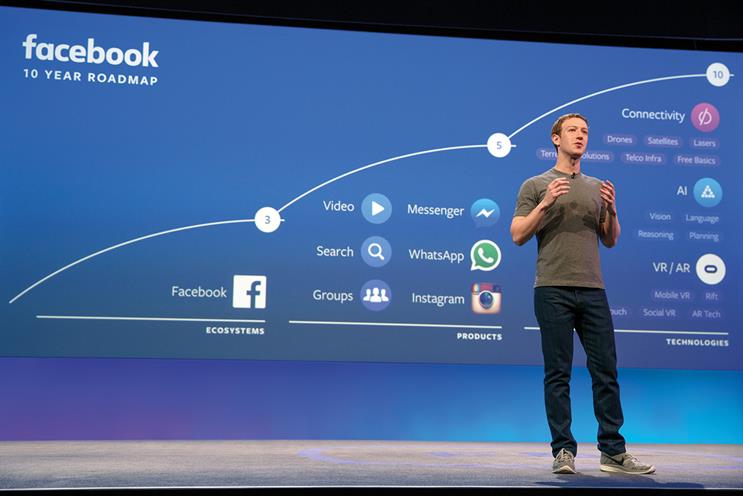I have just returned from the West Coast, where I attended F8, Facebook’s developer conference, and visited both Yahoo and Facebook.
These two companies are at very different stages in their development. Yahoo knows it must rejuvenate itself and is reportedly fielding takeover bids. By contrast, Facebook appears unstoppable.
Yet these companies have more in common than you might think.
Yahoo’s Sunnyvale campus is on a scale akin to Facebook at Menlo Park or Google at Mountain View – a reminder of the breadth of Yahoo’s US business, which includes content studios producing 200 shows weekly.
The new-look, mobile-first Yahoo takes inspiration from Tumblr’s social platform in a shift away from the homepage model. At the same time, it has been mining e-mail and other data to find insights about its users’ lives, not their "aspirational" social media personas.
I was impressed but I think Yahoo would benefit from greater focus and a "less is more" approach to convert the 22-year-old media planner, who probably thinks Yahoo is an internet dinosaur.
Yahoo should shout louder, work on slicker storytelling and convert its audience from mobile web to apps, as Flurry shows that’s where the party is.
In contrast, the Facebook boss Mark Zuckerberg kicked off his F8 keynote with a bold, ten-year ambition to connect everyone in the world.
A live demo showing the connective power of virtual reality shifted my previous cynicism. In my view, this is an opportunity for new "social" branded experiences, connecting people with rich, immersive content. This is a long-term play, but I wouldn’t bet against him.
The more immediate focus was around Messenger, which now enjoys almost one billion users. In Zuckerberg’s words, it "will allow people to talk to brands as easily as they talk to friends".
There was much talk of automation and bots, and how this will revolutionise customer service, resetting the response time benchmarks. Examples included Staples and KLM using Messenger automation to deliver more seamless commerce, while CNN is curating shorter-form, conversational content, designed specifically for the Messenger chat environment.
Scaling video through Facebook Live was another big topic. Zuckerberg declared this was the beginning of a golden age for online video, citing data that showed users comment ten times more on Live than regular videos.
A more subtle message during the event was the rise in search behaviour on Facebook for businesses and services. To me, Facebook sees a clear opportunity to go head-to-head with Google, but has yet to crack the how.
Zuckerberg was clear that Facebook’s success had come through technology, not media foundations. Platforms have been a winning formula of late and I predict that we will soon see the "platformisation" of TV and, later, the automation of customer service via mobile messaging.
Both Facebook and Yahoo are doubling down on social and video. Yahoo has dabbled with investment in content and struggled. Facebook has walked away from writing cheques, preferring to "enable" content creation.
Crucially, Facebook not only knows what it wants to be but also why, enabling the company to think ten years out. How many media businesses can say that right now?
Paul Frampton is the UK and Ireland chief executive of Havas Media Group


